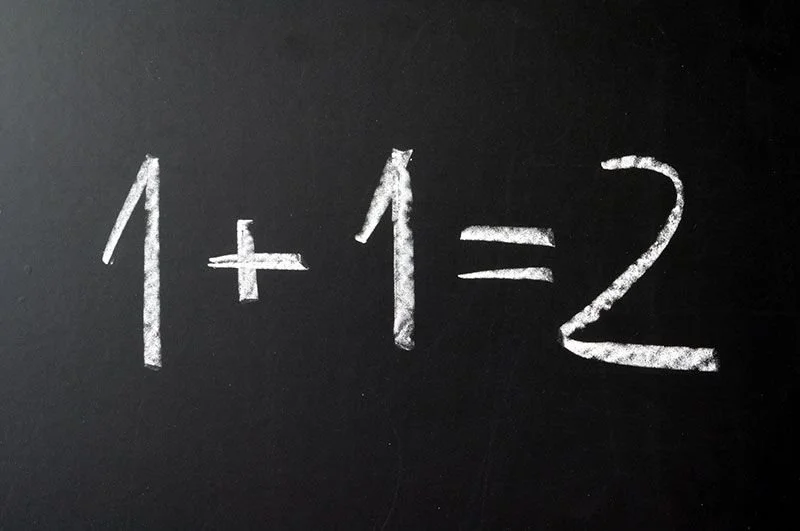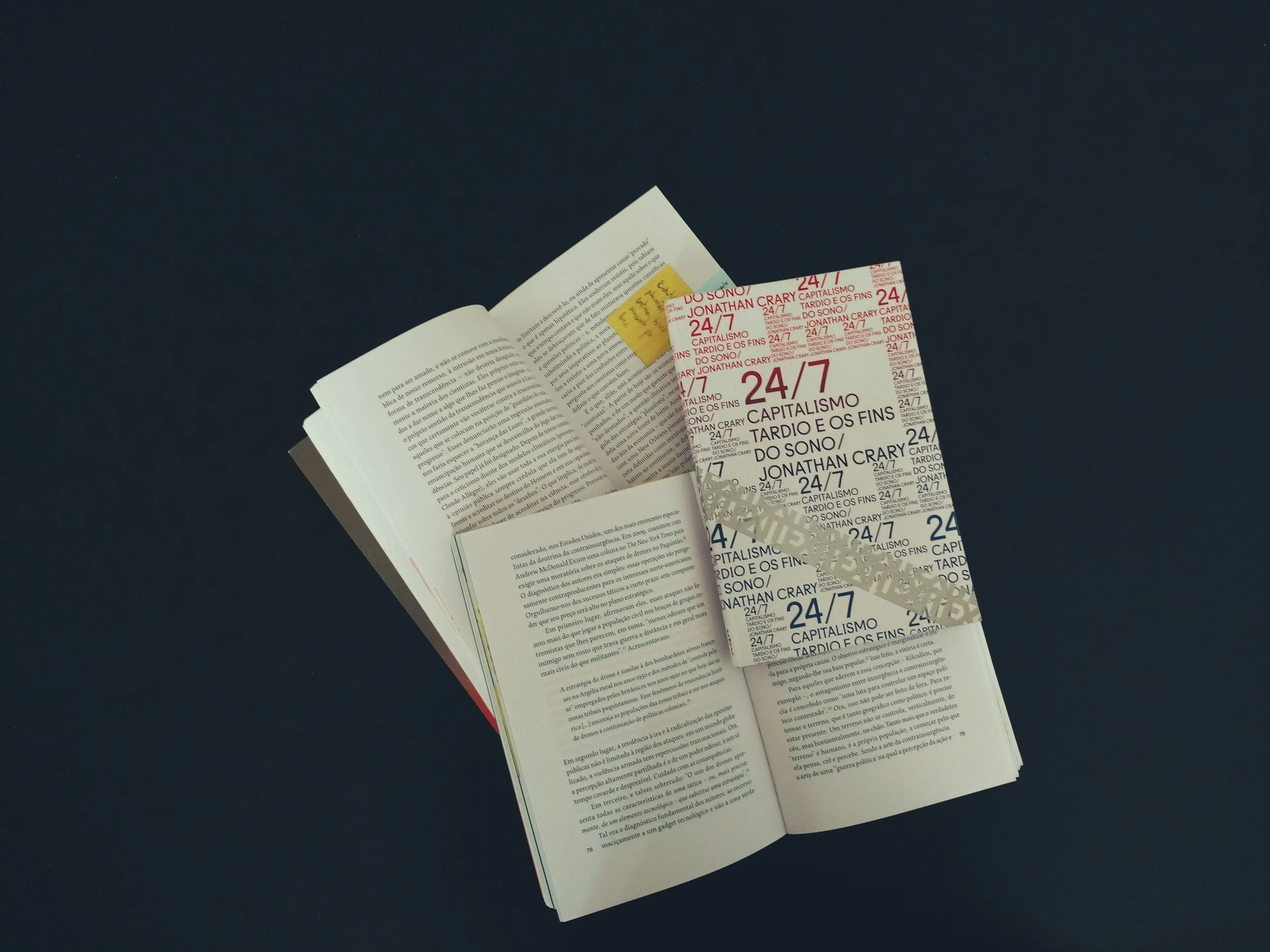Proof, Paradox, and Preservation
I initially found logic tedious, but realized its value in fields like AI and neuroscience. With Alzheimer’s on the rise, mental exercises like logic may delay cognitive decline, which is why I continue studying it—it sharpens the mind and preserves memories.
Logic in Cicero's First Speech Against Catiline
In 63 BCE, Cicero accused Catiline of plotting against the Republic, using logic, emotion, and moral authority to rally the Senate. His call for swift action, invoking divine justice, solidified his legacy as Rome’s defender.
The Purpose of Logic
Logic, often overlooked, is vital in daily life and STEM fields. It improves reasoning, helps spot fallacies, and aids in tasks like proving theorems and validating designs. Learning logic sharpens critical thinking, supporting better decision-making and a more informed society.
Wittgenstein on Continental and Analytic Philosophy
Ludwig Wittgenstein, a key figure in analytic philosophy, first argued that language reflects reality. Later, he challenged this view, suggesting that meanings of words depend on context, opposing the idea of fixed definitions in traditional logic.
Logic in Legal Reasoning
David Hume’s philosophy points to the challenge of separating perception from truth in legal reasoning. While legal logic depends on deductive reasoning, human bias makes careful evidence scrutiny vital. Technology helps reduce bias but raises ethical concerns, ensuring decisions are based on objective truth.






